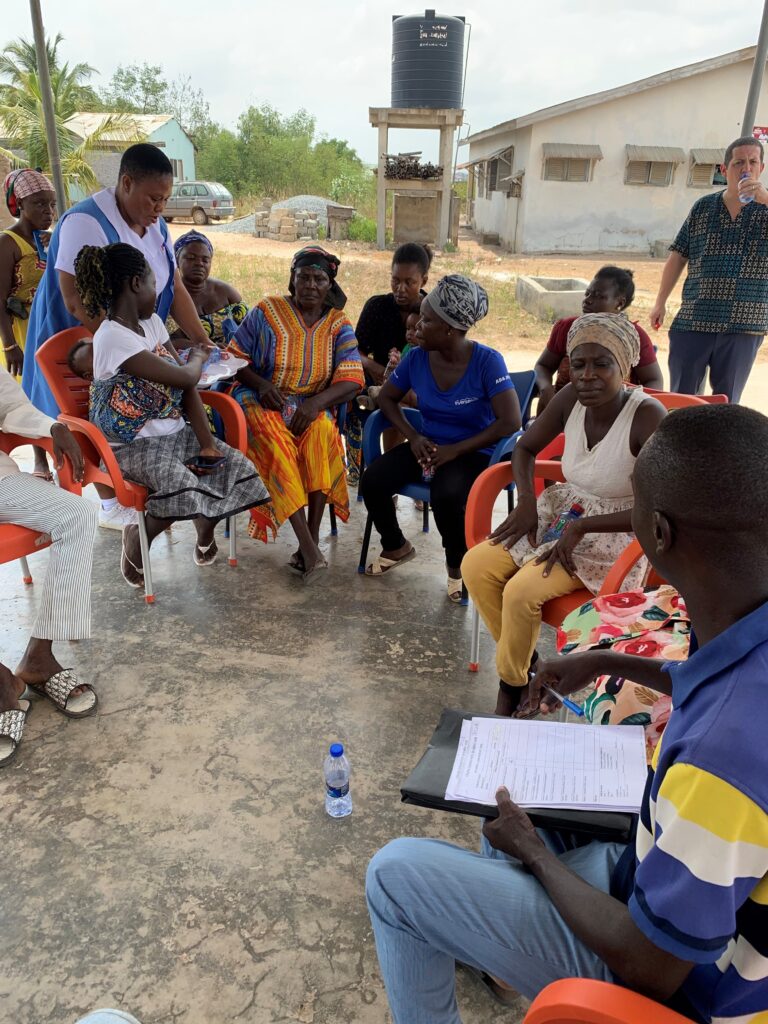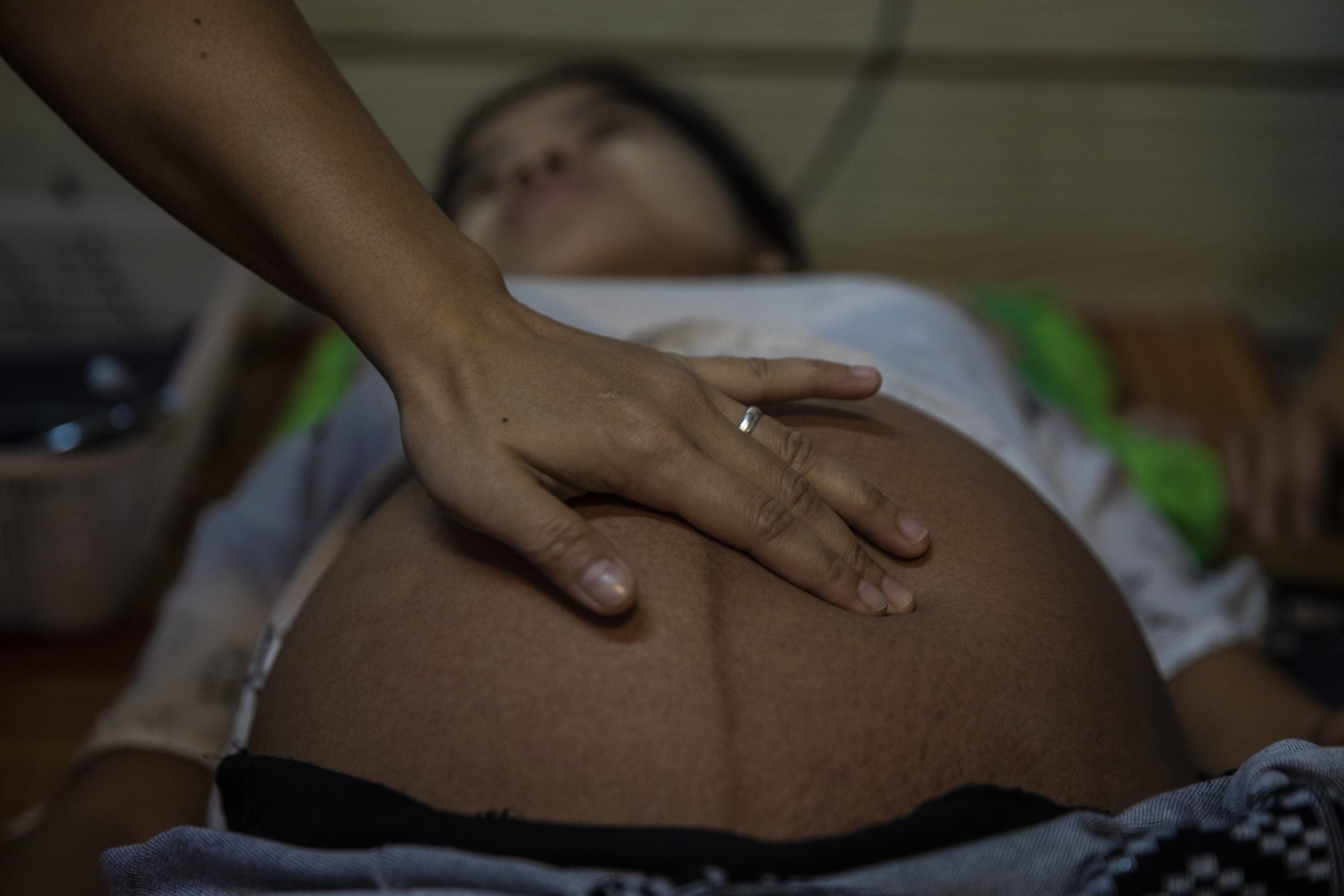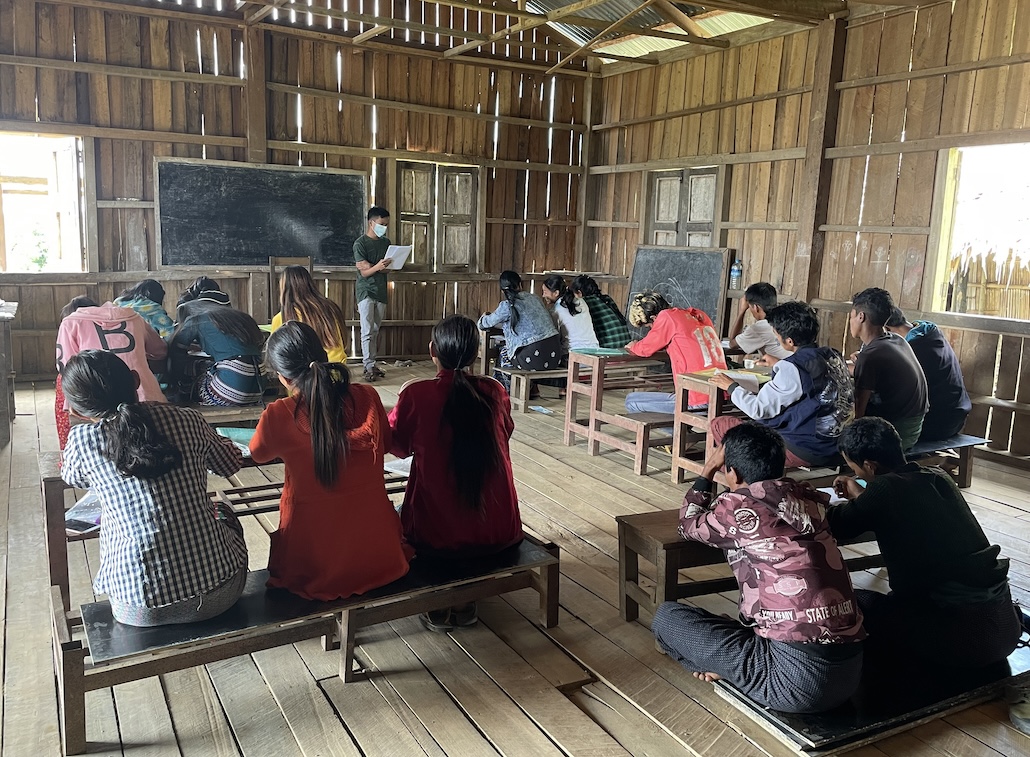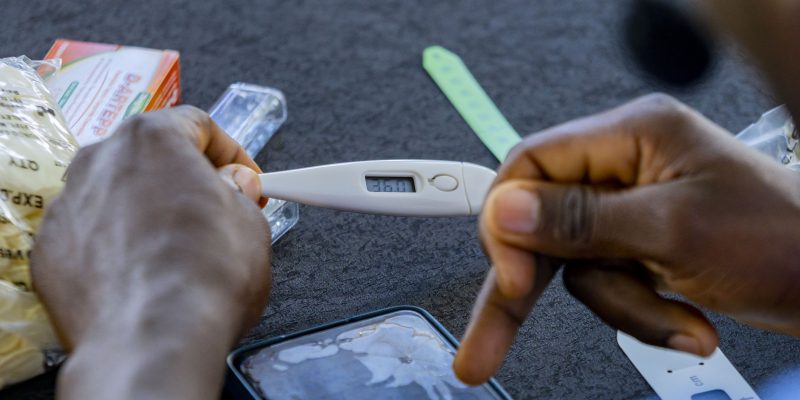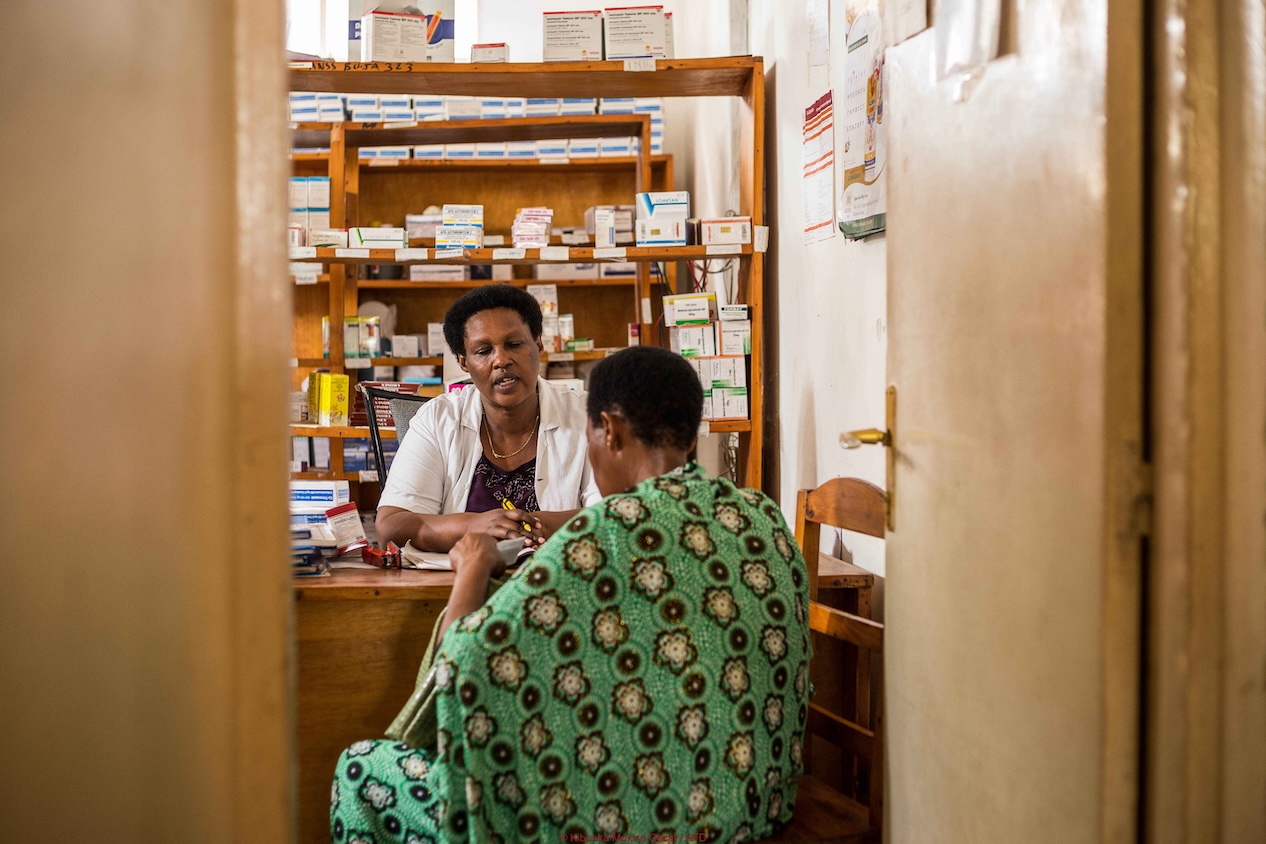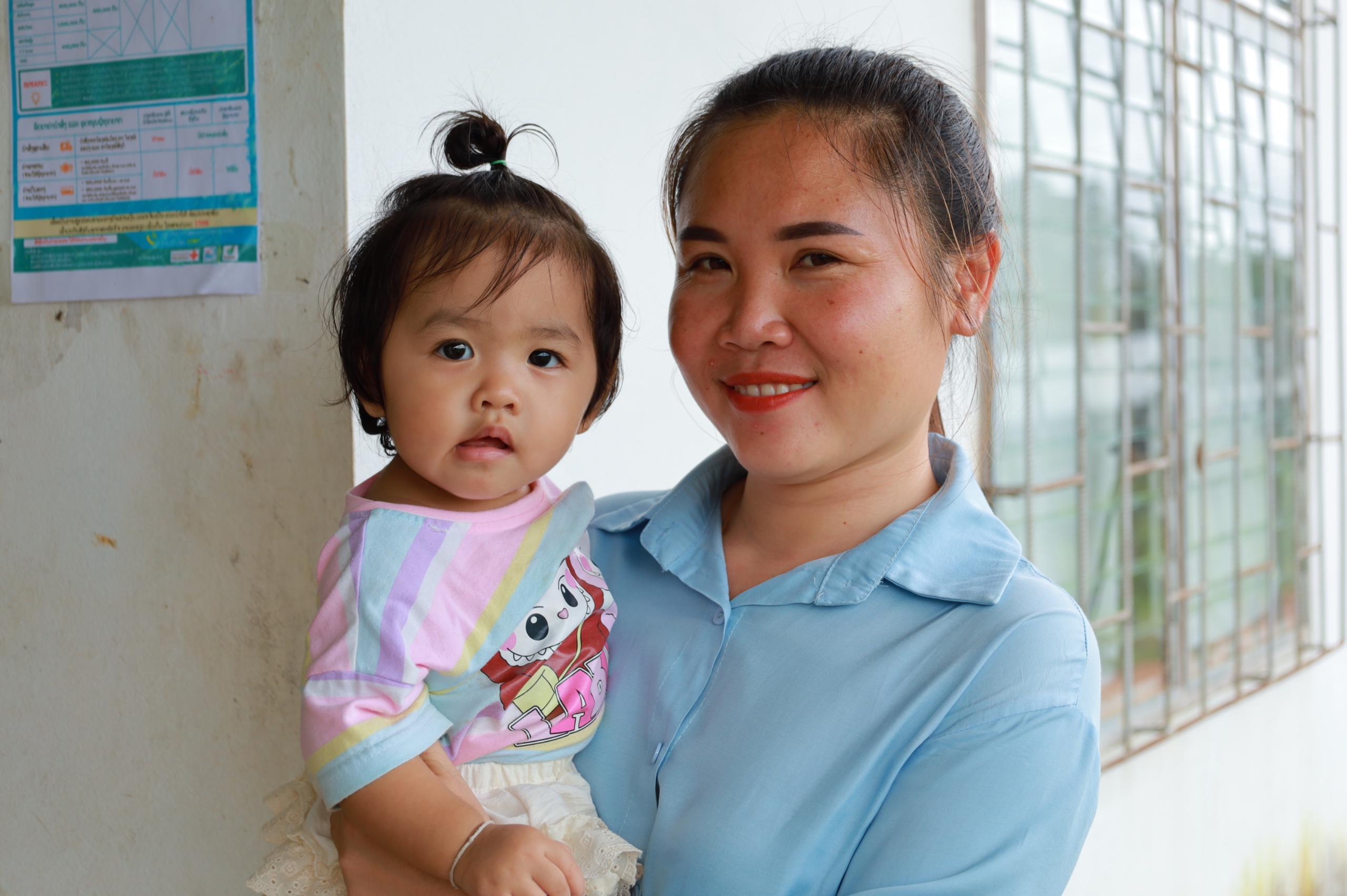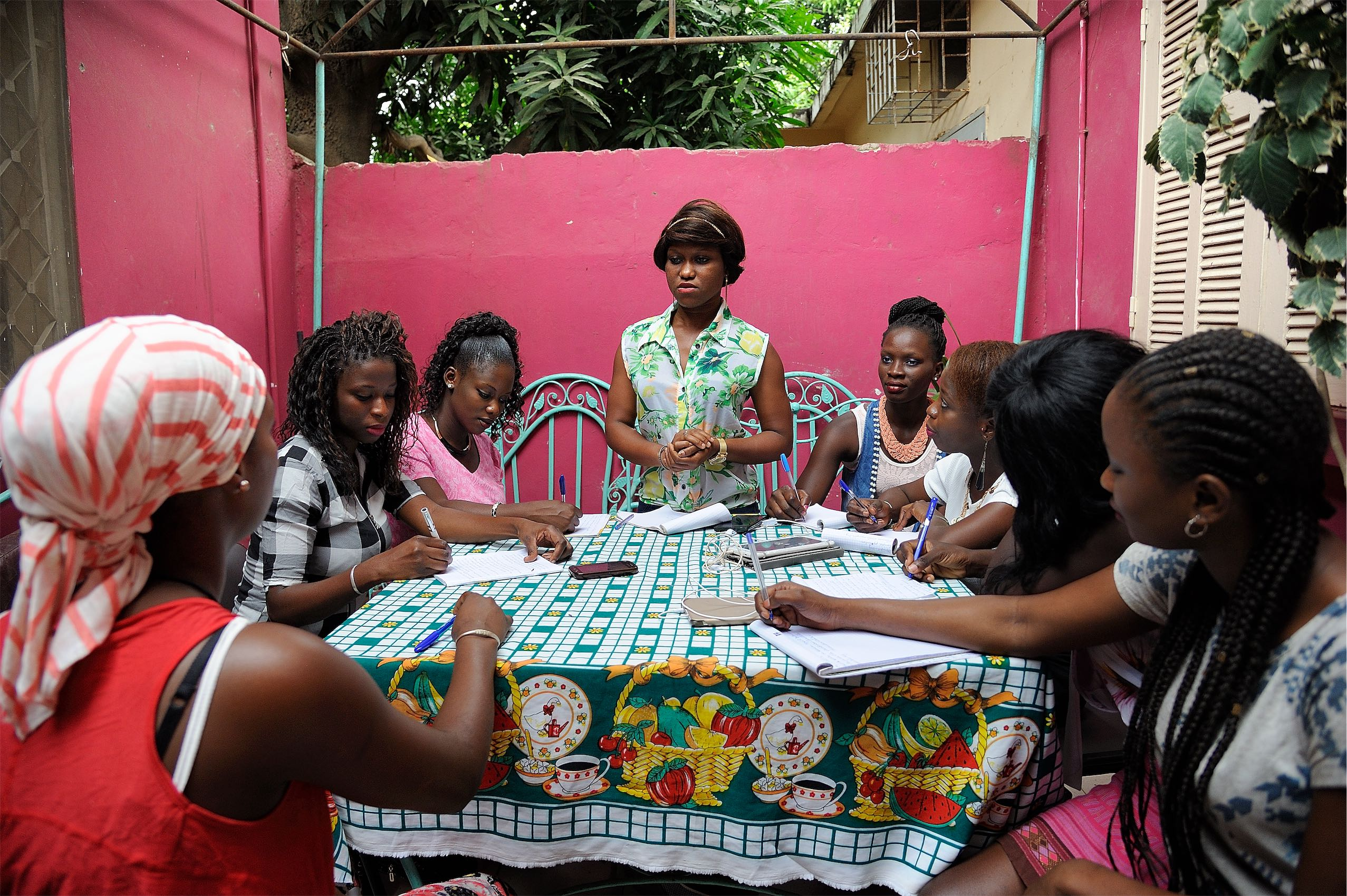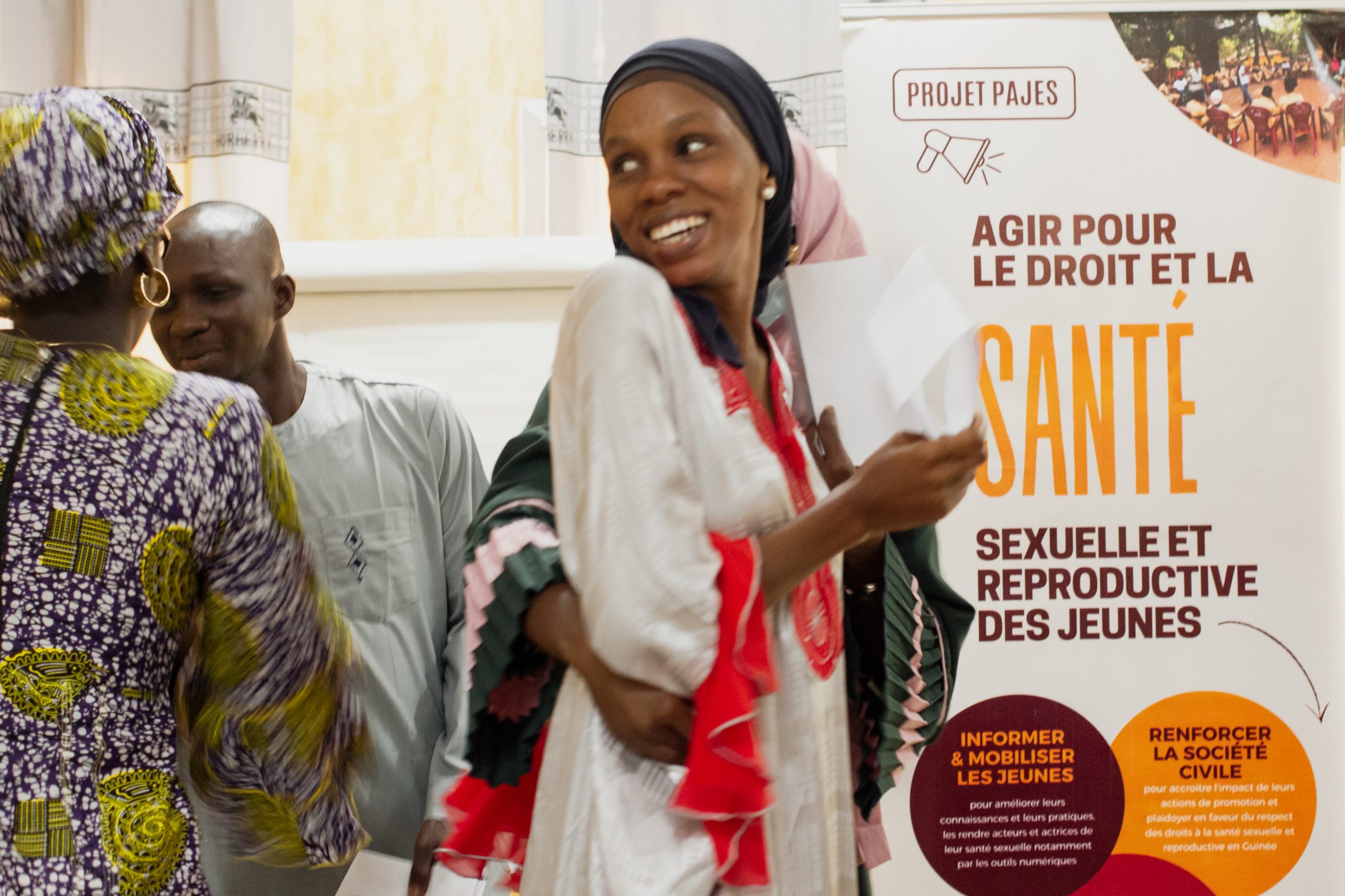The overall goal of this project is to improve maternal and child health outcomes for the poorest and most vulnerable women and girls in Ghana, for HIV, tuberculosis, sexual and reproductive health.
Context
In Ghana, over 90% of individuals with mental health care needs lack access to treatment, with women and girls facing even greater challenges. Mental health care in the country is often described as highly medicalized, centralized and institutionalized. Doubling efforts, especially through investments in personnel, infrastructure, and logistics, is essential to integrate mental health services into general health care at the primary care level. It is estimated that 10-20% of pregnant women and postpartum mothers experience depression, anxiety or psychosis during pregnancy or within the first 12 months after giving birth. These mental health challenges, combined with barriers to care, result in many pregnant and postpartum mothers— and, by extension, their newborns and infants—missing out on essential maternal and child health services.
Description
The project is implemented in 14 health districts across seven regions of Ghana to promote health equity and improve access to mental health and psychosocial support services for pregnant and postpartum women and girls. It specifically targets populations most at risk for HIV and tuberculosis (TB) and aims to decentralize and integrate the identification and management of mental health disorders within community health centers and maternity wards. Additionally, it addresses the underlying inequalities and gender issues contributing to the neglect of these needs and the root causes of these disorders. Key strategies and activities for the project’s success include advocacy and communication to enhance mental health and psychosocial support in maternal and child health clinics at the primary health care level, empowerment for self-help and peer support, and public engagement.
Impact
Through an innovative approach, the project seeks to integrate mental health support for girls and women and expand access withing health and maternity centers. Addressing mental health needs is expected to significantly reduce the prevalence of HIV and TB among vulnerable populations. This project addresses a critical gap by focusing on the interplay between transmissible diseases and mental illness, providing support in contexts where mental health issues may amplify disease vulnerability and transmission risks.
